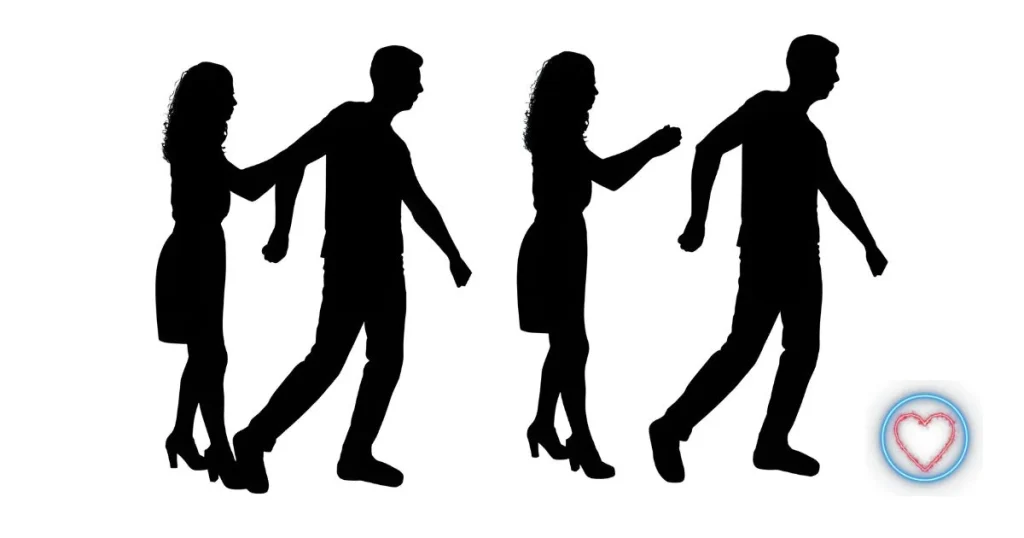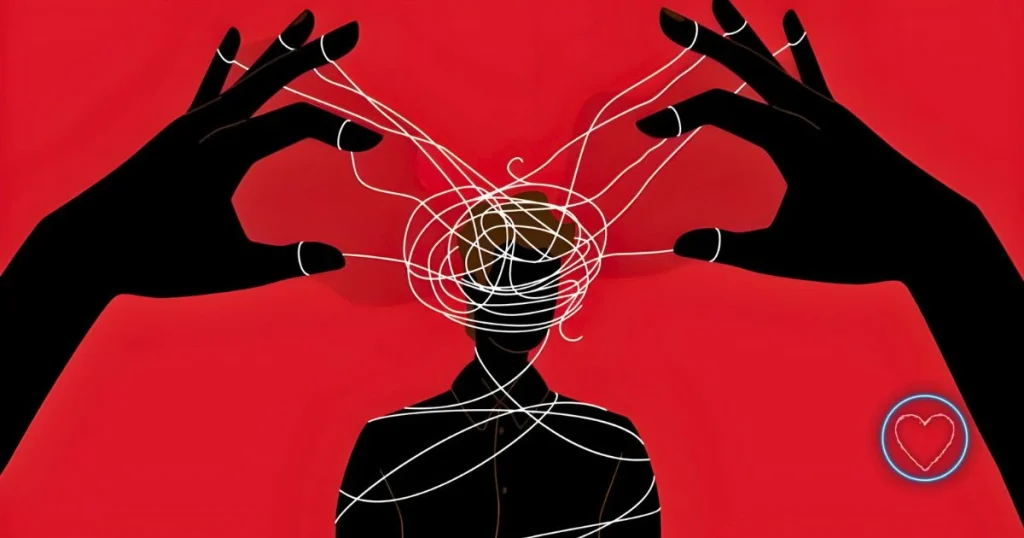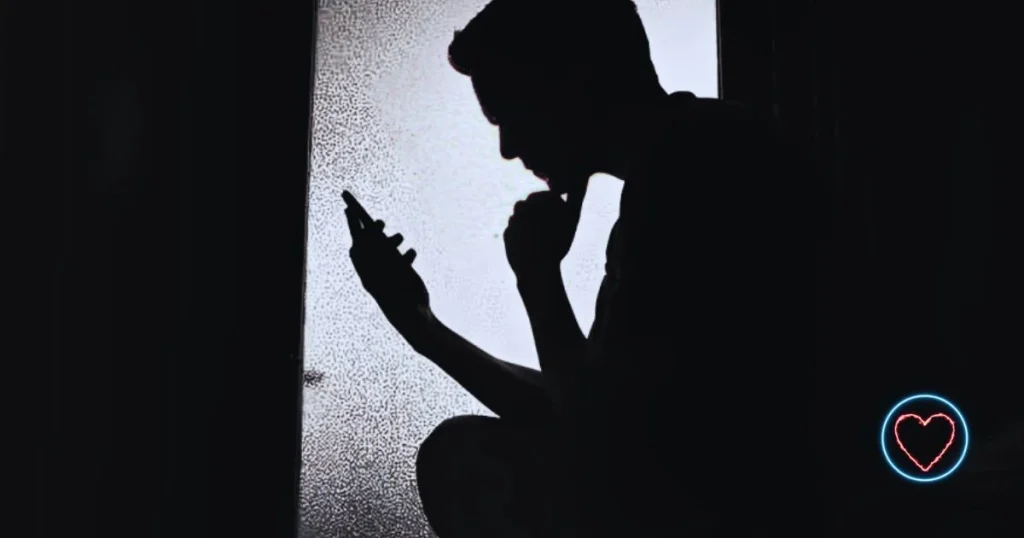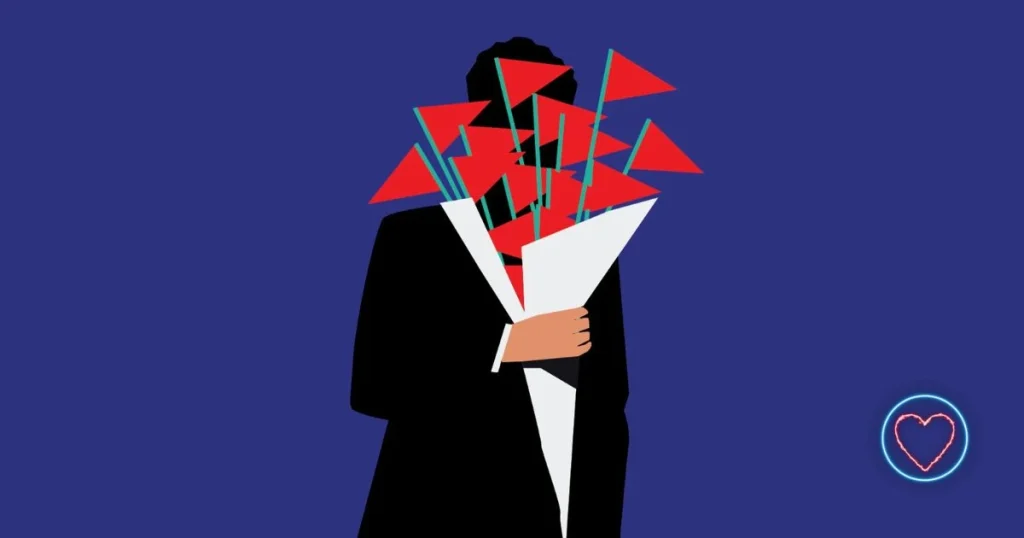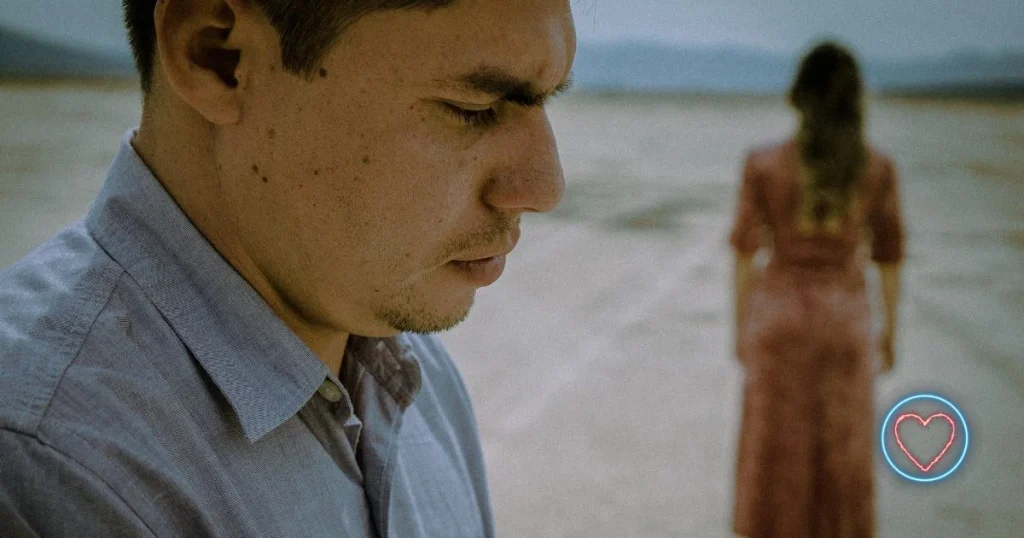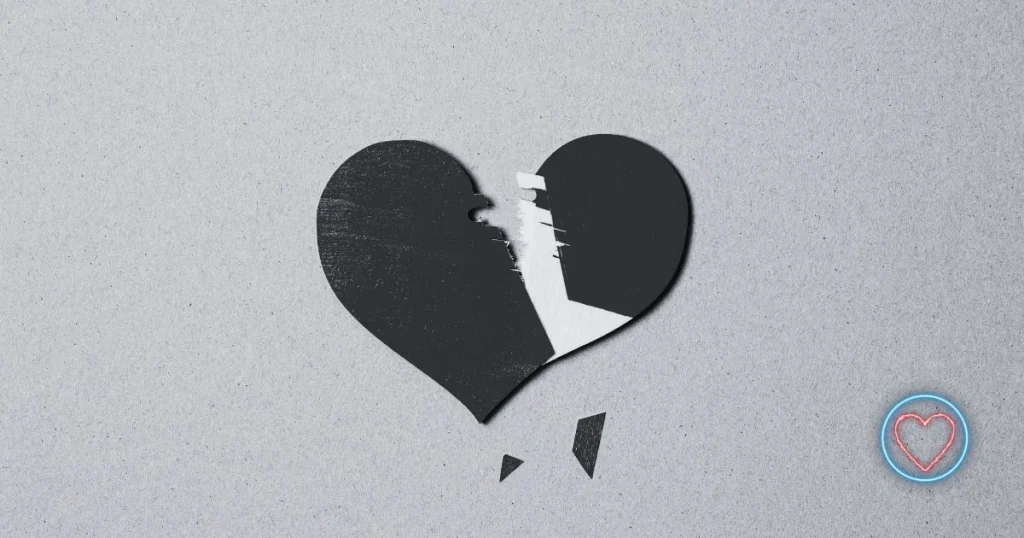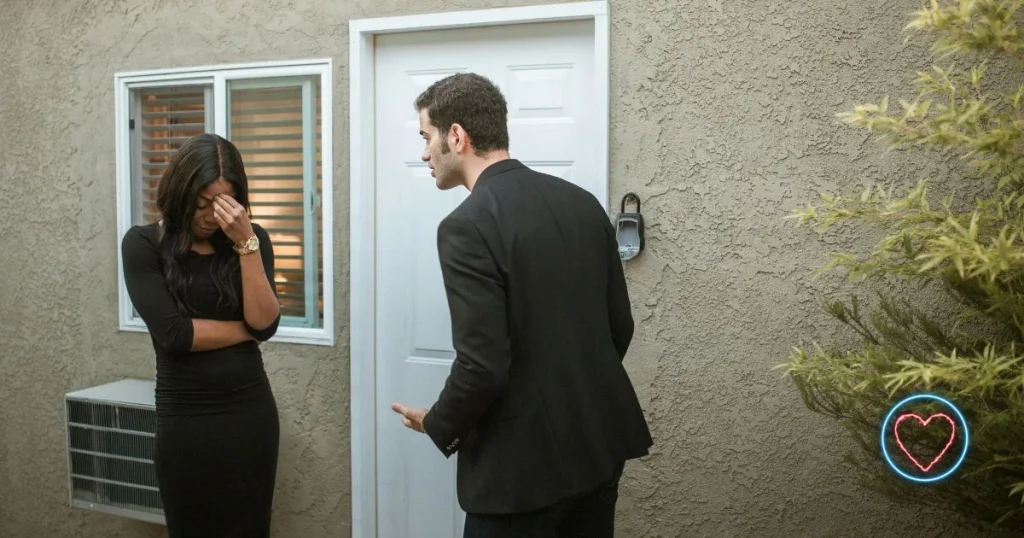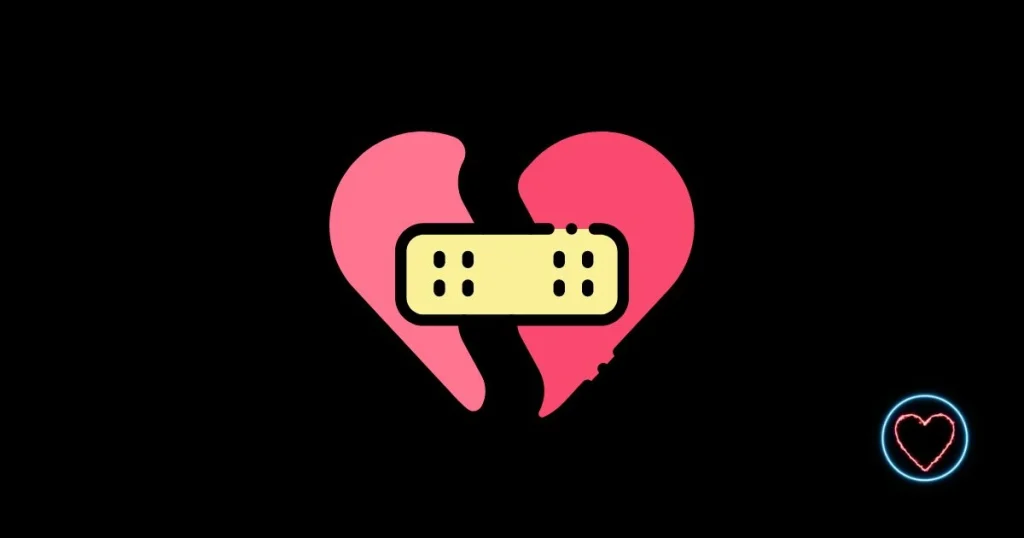When life becomes difficult, we often turn to our romantic partners for comfort, strength, and understanding. A healthy relationship should be a refuge—a safe space where you’re seen, supported, and valued no matter what you’re going through. But what happens when that support is absent, especially during the moments you need it most?
Support in a relationship is more than just being physically present. It includes emotional availability, empathy, practical help, and the willingness to weather the storms together. If you’ve been feeling alone in your relationship during hard times, it may be a sign of a deeper issue. Below are 20 signs your partner may not be offering the support you need when life gets tough.
1. They Minimize What You’re Going Through
If your partner frequently says things like “It’s not that bad” or “You’re overreacting,” it can leave you feeling invalidated. Dismissing your pain instead of acknowledging it creates distance rather than connection.
2. They Emotionally Withdraw or Shut Down
Supportive partners lean in when times are hard. If your partner becomes cold, unresponsive, or emotionally distant when you open up, it can feel like abandonment right when you need them most.
3. They Avoid Difficult Conversations
Instead of checking in on you or encouraging dialogue, they might avoid any talk about your struggles. When discomfort causes your partner to retreat, your emotional needs remain unmet.
4. They Make Everything About Themselves
You start expressing your feelings, and suddenly the conversation pivots to their stress, their needs, their problems. If this happens consistently, you’re likely dealing with a partner who lacks empathy.
5. They Don’t Follow Up After You Share
After a vulnerable conversation, a caring partner will check in. If your partner forgets or avoids following up, it sends a message: your pain wasn’t worth remembering.
6. They Belittle Your Emotions
Hearing things like “You’re too sensitive” or “Stop being dramatic” can chip away at your self-worth. A supportive partner listens and comforts; they don’t mock or shame you.
7. They’re Physically Present but Emotionally Absent
Your partner might be in the same room but seem miles away. No comforting words, no genuine interest, no effort to connect. Presence without engagement still feels lonely.
8. They Rarely Offer Practical Help
In a partnership, tough times often call for action—like running errands, helping with bills, or attending appointments. If your partner doesn’t pitch in, you may feel like you’re carrying the weight alone.
9. They Get Annoyed When You Need Support
Sighs, eye-rolls, or irritability when you reach out for comfort signal resentment, not love. True support isn’t begrudging—it’s offered freely and with care.
10. They Use Your Struggles Against You Later
If your vulnerabilities are brought up during fights or used to guilt you, that’s not only unsupportive—it’s emotionally abusive. You should never have to fear having your pain weaponized.
11. They Judge or Criticize Instead of Supporting
When you’re struggling, judgment is the last thing you need. A partner who constantly critiques your coping methods or choices is more focused on being right than being helpful.
12. They Don’t Adjust Their Behavior to Help You Cope
Supportive partners adapt. If you’re grieving, they might take over more household tasks or plan low-stress activities. An unsupportive partner keeps going as if nothing’s changed.
13. They Rarely Ask How You’re Really Doing
One of the most basic yet powerful gestures of support is asking, “How are you holding up?” If your partner never checks in emotionally, it could signal a lack of interest or concern.
14. They Avoid Intimacy When You’re Struggling
Emotional and physical intimacy are essential in tough times. If your partner pulls away, avoids touching you, or becomes cold, it deepens your feeling of isolation.
15. They Expect You to “Get Over It” Quickly
Healing takes time. A partner who pressures you to move on or get back to “normal” doesn’t understand the importance of emotional processing—or isn’t willing to be patient with your journey.
16. They Make You Feel Like a Burden
Comments like “I can’t deal with this right now” or “Why do you always have problems?” suggest that your needs are an inconvenience. In a loving relationship, support isn’t seen as a chore.
17. They Rarely Celebrate Your Wins After a Struggle
Even when things start getting better, a partner who doesn’t acknowledge your progress or celebrate your resilience may be emotionally disengaged or indifferent to your journey.
18. They Don’t Stand Up for You in Crisis
Whether it’s conflict with family, workplace discrimination, or external hardship, a supportive partner defends you and has your back. Silence or neutrality in these moments feels like betrayal.
19. They Say “That’s Your Problem, Not Mine”
In a committed relationship, one partner’s problems affect both. When your struggles are seen as “your issue alone,” it highlights a lack of shared emotional responsibility.
20. They Dismiss the Need for Outside Help
Sometimes, support means encouraging therapy, couples counseling, or professional help. If your partner mocks or resists these efforts, they may not be committed to helping you heal or grow.
Why This Matters: The Emotional Cost of an Unsupportive Relationship
Relationships should act as sanctuaries—not sources of further pain. When you consistently face hardship without your partner’s support, it can damage not just the relationship, but your self-esteem, mental health, and emotional stability.
Here’s what you might experience:
- Chronic emotional fatigue
- Feelings of worthlessness or guilt
- Fear of vulnerability
- Loss of trust in your partner
- Growing emotional distance
Over time, you might find yourself emotionally withdrawing or questioning your own needs. No one should feel like they have to endure both the hardship and the loneliness of going through it without their partner.
What Real Support Looks Like
Support in a relationship doesn’t mean solving all your partner’s problems. It’s about showing up emotionally, physically, and mentally. Here are just a few hallmarks of genuine support:
- Listening without judgment
- Asking how you can help
- Checking in regularly
- Offering small but meaningful acts of service
- Showing patience and compassion
- Encouraging healing, whether through rest or therapy
Even if your partner can’t always relate to what you’re going through, their effort to understand and comfort you goes a long way.
How to Address the Lack of Support
If you’ve recognized several of these signs in your partner, the next step is crucial—communication. Here’s how to approach it:
1. Choose a Calm Time to Talk
Avoid addressing the issue in the middle of a breakdown. Choose a quiet moment to say, “I’ve been feeling alone when I’m going through tough things, and I’d really like to talk about that.”
2. Use “I” Statements
Focus on how you feel rather than accusing your partner. Say, “I feel unsupported when I’m upset and you don’t check in,” instead of “You never care when I’m upset.”
3. Be Specific About What You Need
Sometimes people aren’t unsupportive out of malice—they genuinely don’t know how to help. Clarify what you need: “Could you just sit with me for a bit when I’m upset?” or “Can you ask me how my day went when I’m struggling?”
4. Assess Their Willingness to Grow
Is your partner open to changing? If so, there’s hope. If they dismiss your needs, gaslight you, or get defensive, that may point to deeper compatibility issues.
5. Consider Professional Help
A relationship counselor can help bridge communication gaps and foster emotional awareness. If the issue is recurring, therapy can offer tools to navigate and rebuild support.
Final Thoughts: You Deserve Support
In a truly healthy relationship, you don’t have to beg for emotional availability, presence, or kindness. While no one gets it right all the time, effort, compassion, and growth matter. You deserve a partner who shows up, stands beside you, and helps lighten your emotional load—not add to it.
Recognizing these 20 signs isn’t about keeping score—it’s about honoring your emotional needs. If you’ve been carrying everything alone, it might be time to ask: Is this relationship lifting me up, or slowly wearing me down?

